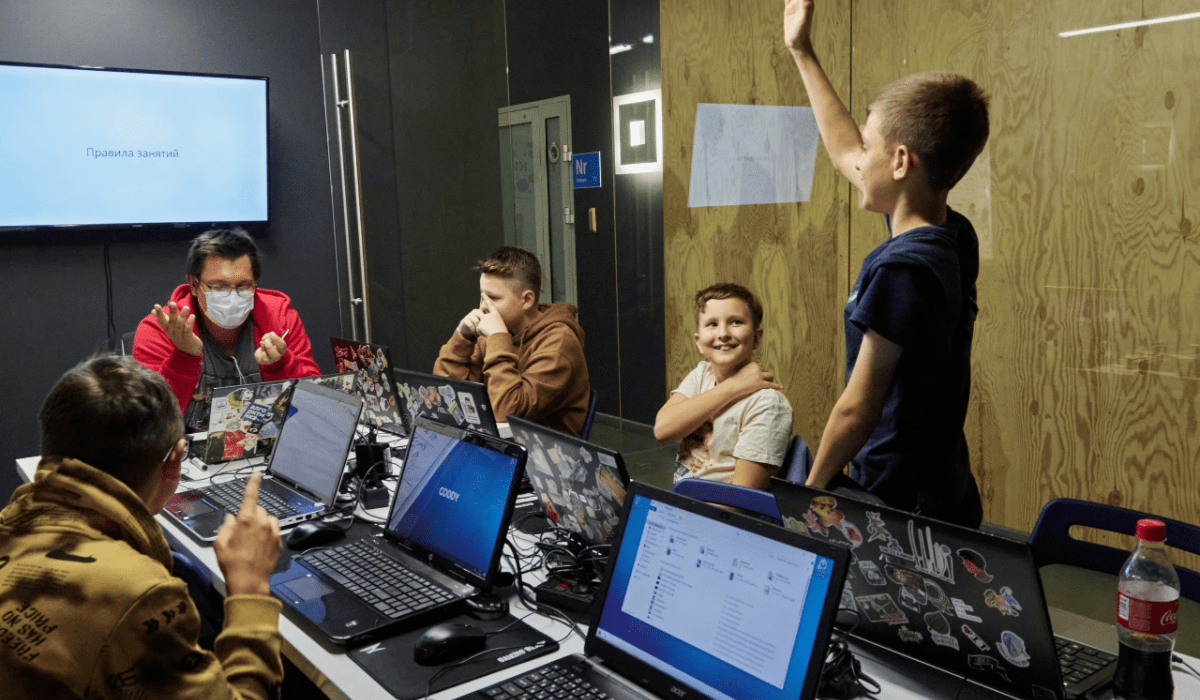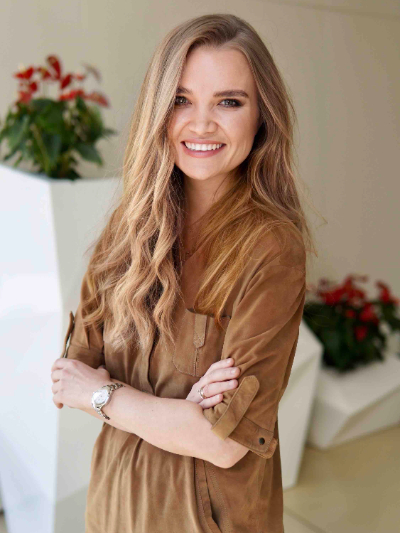When a teenager looks in the mirror, what do they see? Often, it’s not a picture of inspiration. “I’m not good enough,” “My life is boring,” “They’ll succeed, and I won’t.” These thoughts become silent companions for many teenagers. But where do they come from?
The Problem
The teenage years are when we start forming our self-image—a delicate and formative time. Grades, appearance, achievements, and endless comparisons to others all play a part in shaping their self-esteem. What happens if all they see are their "flaws"?
Take 15-year-old Emily, for example. During one of our courses, she avoided presenting her projects for weeks. It wasn’t because the projects weren’t good; it was because she didn’t feel confident enough. “I’m not as good as the others,” she admitted. She was terrified of exposing herself to judgment. Emily’s case isn’t unique.

The Realization
We realized that Emily and many other teenagers need support. Confidence, creativity, and leadership aren’t innate traits—they’re skills that can be learned and developed.
At CODDY, we often see students discover talents they didn’t know they had. Tom, for instance, surprised even himself when he suggested an innovative solution during a programming task. He later admitted he felt excitement—not fear—when trying something outside the box for the first time.
The Solution
For teenagers, it’s critical to see their own achievements. But it’s just as important to give them a safe space where they can try, fail, and learn to try again. Our courses at CODDY help teenagers not only build IT skills but also unlock creativity, confidence, and self-belief.
We integrate practical projects, personalized attention, and full-cycle creations that kids can truly own—whether it’s an app, a game, or another digital solution. Most importantly, they stop focusing on what they can’t do and start celebrating what they can accomplish.
For instance, Emily, who once feared presenting her work, stood proudly in front of her classmates to showcase a game she created. The quiet girl who used to sit in the corner was now confidently explaining why she chose a specific game mechanic and how it worked.

The Results
Within just a few sessions, we see noticeable changes. Students begin to take pride in themselves and their progress. They learn to appreciate their capabilities rather than fixating on perceived shortcomings.
Emily’s transformation is something we witness daily at CODDY. Kids like her gain not just technical skills but also the confidence to face challenges and lead their own growth.
Your Opportunity
Self-acceptance isn’t a switch you can flip—it’s a process that grows alongside personal development. At CODDY, we’re here to guide your child not only in mastering skills for the future but also in believing in their own potential.







